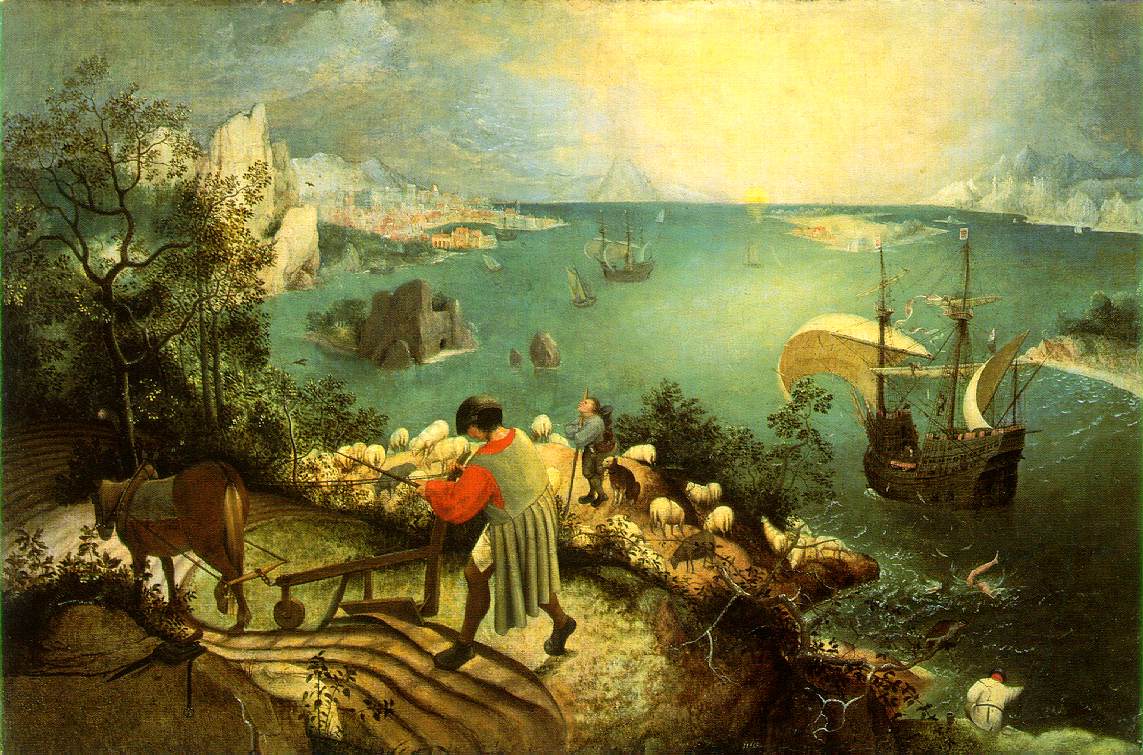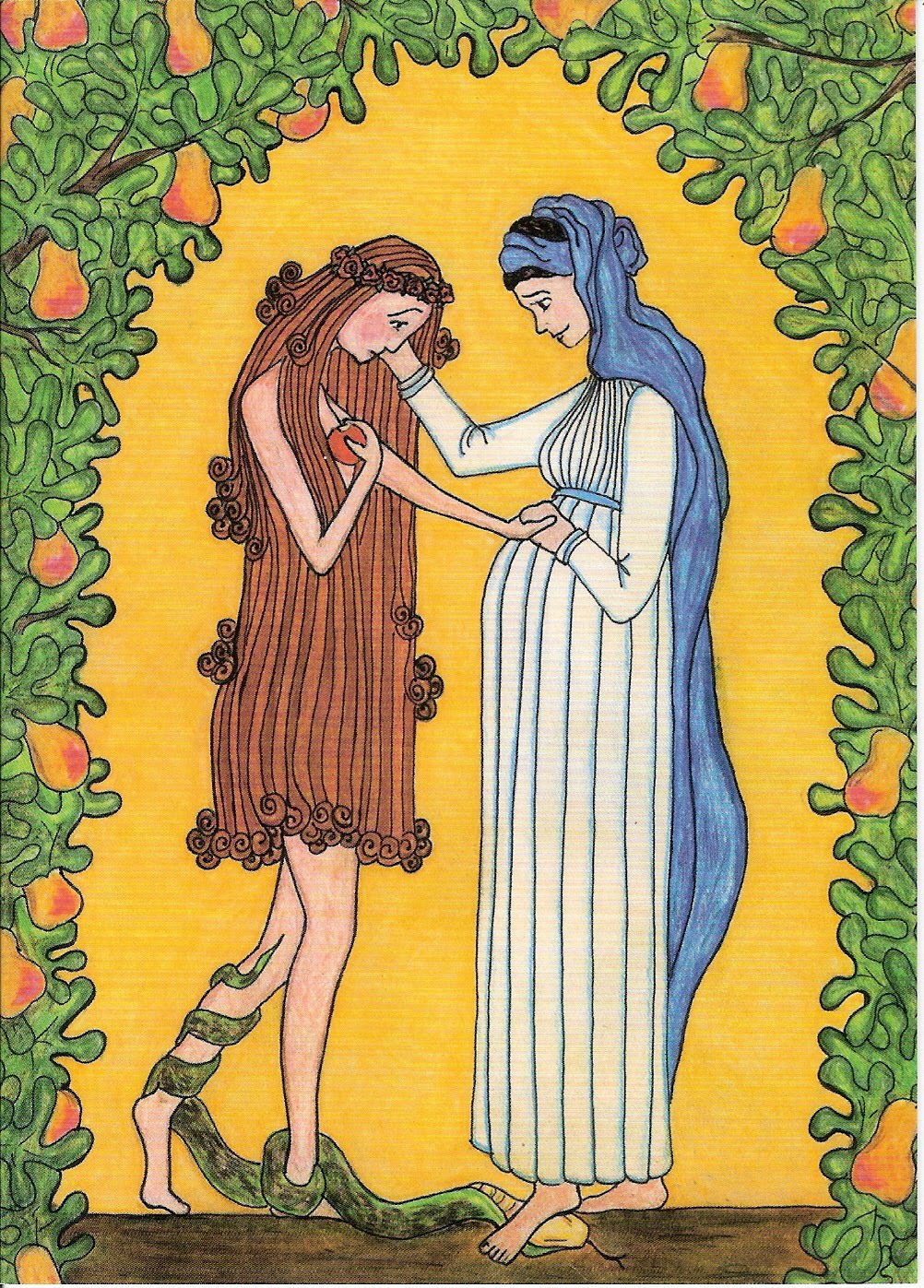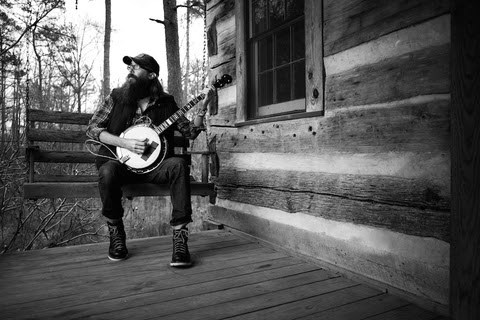A Christmas Hymn
A poem for you and yours. Merry Christmas.!["Census at Bethlehem," by Pieter Bruegel [1566]](http://static1.squarespace.com/static/5d70f59aefca59000162e4e6/5d7fcef39f682762992c8aca/5d7fcefe9f682762992c8c1c/1568657150715/census-at-bethlehem-1566.jpg?format=original)
A Christmas Hymn
by Richard Wilbur A stable-lamp is lightedWhose glow shall wake the sky;The stars shall bend their voices,And every stone shall cry.And every stone shall cry,And straw like gold shall shine;A barn shall harbor heaven,A stall become a shrine. This child through David‘s cityShall ride in triumph by;The palm shall strew its branches,And every stone shall cry.And every stone shall cry,Though heavy, dull, and dumb,And lie within the roadwayTo pave his kingdom come. Yet he shall be forsaken,And yielded up to die;The sky shall groan and darken,And every stone shall cry.And every stone shall cryFor stony hearts of men:God‘s blood upon the spearhead,God‘s love refused again. But now, as at the ending,The low is lifted high;The stars shall bend their voices,And every stone shall cry.And every stone shall cryIn praises of the childBy whose descent among usThe worlds are reconciled.
Some New Music for You to Check Out
How could you not take to a guy like this? Meet David Crowder, in his own words:
I was born half Baptist (the East Texas, King James carrying, pipe organ, hymnal singing, Southern, type Baptist) and half Pentecostal (the Holy Ghost, jumpin? and shoutin?, hand-waving, prophecying, Southern, type Pentecostal). Later, I was born again.
Crowder Math
I've been a fan of David Crowder's music for over a decade; nobody sounds like him. Here's my summary of his unique style:Texas gospel rockabilly+Electronic dance beats+simple, piercing lyrics
= David Crowder
Hee Haw, Aqua Net, and Olivia Newton John
[embed]http://www.youtube.com/watch?v=AUwXo0jgORI[/embed]David on his musical influences:
The son of an insurance salesman and a social worker, fructifying in the piney woods of Texarkana, I was as muddled as the name of my town. We drove a light blue Ford Thunderbird; not the old, classic kind, but a brand new one that had a sticker on it. The one with the electric windows and mirrors and the headlamp covers that flipped open when you turned on the headlights and an in-dash eight-track player. My dad and mom both used Aqua Net hair spray. He parted it on the right side and always carried a comb. She got permanents and had curlers that heated up every Saturday night while we all watched The Lawrence Welk Show and Hee-Haw. The eight-tracks in rotation were Elvis, Willie Nelson, Olivia Newton John, and Bill Gaither. Everything I‘ve ever done musically can be traced back to there that Ford Thunderbird, those sounds, the view out of those windows, and my brother punching me in the arm on the way to Sunday morning Church. That is all metaphor and all true.
After 6 albums, the David Crowder* Band broke up in 2012. But, David has kept making music under the name Crowder? and released his first solo album, Neon Steeple, in May 2014.
Neon Steeple
Like previous David Crowder albums,?Neon Steeple has a story to tell from start to finish. Although there are a few standout songs that work well on their own, the best way to listen to the album is in one sitting, beginning to end.Here's David describing his work on the album:
Neon Steeple is a collection of songs and sounds looking forward to the past and counting the present as sacred. It is a longing for belonging, a search for home. It is a collection of choruses that believe that this is not all there is. There is more, there must be. It is the sound of the Appalachians and Ibiza. Folk music and EDM. The music of the People. Folktronica. Digital and Analog. The Ones and Zeros and the Handshake. The Banjo and the 808.
Four Year-Old Dance Party, etc.
Neon Steeple is a beautiful album that tells a beautiful story in an unsentimental and creative way. It's also a lot of fun.The song My Beloved? is a favorite of a four year-old in my household. (The video is embedded above, but the album track is a much better version.) It‘s a clap-your-hands-stomp-your-feet happy hoedown.One of my favorite tracks is Come As You Are? (embedded below) that is an invitation to the weak, weary, broken-down to lay down their burdens and shame.[embed]http://www.youtube.com/watch?v=PE6QXWFL6jY[/embed]Another standout track is the southern throw-down Lift Your Head Weary Sinner (Chains). It‘s an aggressive, growling song.But to pick out those three tracks is to give the impression that the rest aren‘t worth hearing, an impression I don‘t want to give.?I Am? is another favorite of mine; I love the ambiguity in the central hook:
"I am holding onto you;In the middle of the storm,I am holding on...I am."
Who's holding whom? That's the question, isn't it?Another great track is the duet with Emmylou Harris (?My Sweet Lord?): just achingly beautiful.
?Blind is the fool, I see that now;I broke the rules, and let ya down.I walked alone; now I have run dry:I need my sweet Lord to help tonight.
The entire album is really strong: I recommend it.
"Making Dead People Alive"
As much as I appreciate David Crowder the musician, I think I appreciate David Crowder the writer and theologian even more:
Neon Steeple is both a critique and a hope. The meta-narrative of scripture is about innocence lost, it is about displacement, about things not being right and a search for belonging and home and forgiveness and reconciliation, the tension of death and life, what it means to be alive. The story is not about making bad people good, it is about making dead people alive. The story sold is rarely that.What if we started believing??
What if indeed?
In Which I Compare Myself to Barack Obama
Have you ever known things about people that you had to keep to yourself?On Sunday afternoon, May 1, 2011, President Obama and the rest of the National Security Council gathered in the White House Situation Room to watch the final tense minutes of the Bin Laden raid. As Pete Souza's famous photo conveys, those were minutes of high drama, quite different from the President's surroundings of the previous evening. Less than 24 hours earlier on that previous Saturday evening, April 30, President Obama was watching an event with much less significance than the Bin Laden raid: the White House Correspondents Dinner. During the course of the evening, host and comedian Seth Meyers made a Bin Laden joke and President Obama smiled politely, all the while knowing that the Navy SEALs were already on their way to Abbatabad. The contrast is striking:‘the President surrounded by frivolity while events of life-and-death importance unfold. And he can't tell anyone....
Less than 24 hours earlier on that previous Saturday evening, April 30, President Obama was watching an event with much less significance than the Bin Laden raid: the White House Correspondents Dinner. During the course of the evening, host and comedian Seth Meyers made a Bin Laden joke and President Obama smiled politely, all the while knowing that the Navy SEALs were already on their way to Abbatabad. The contrast is striking:‘the President surrounded by frivolity while events of life-and-death importance unfold. And he can't tell anyone....
I Know Things About People
I know what it's like to have to keep things close. As a pastor, people tell me their stories, and so I know things about people that they normally keep private. I'm often struck, at the end of a day, at how much suffering so many people carry around with them. And the striking thing about their sufferings is that they are often carried in secret: life carries on all about them in its ordinary way.
"About Suffering They Were Never Wrong"
The great 16th century Flemish painter Pieter Bruegel the Elder was aware of the strange juxtaposition of how everyday life and life-altering suffering might often rub shoulders throughout the course of any given day. In fact, this juxtaposition is a part of two of his most famous paintings. I referenced this 1566 Bruegel painting--Census at Bethlehem--in my 2010 Christmas Eve sermon. It's an ordinary Flemish town on an ordinary winter day, but the title of the painting hints at something more, and when you look more closely, you see, in the bottom right corner, a hunched-over man leading a woman on a donkey. You think for a bit, and then you understand: it's Joseph leading Mary, in the pain of the last moments of pregnancy, hoping to find room in the inn.
I referenced this 1566 Bruegel painting--Census at Bethlehem--in my 2010 Christmas Eve sermon. It's an ordinary Flemish town on an ordinary winter day, but the title of the painting hints at something more, and when you look more closely, you see, in the bottom right corner, a hunched-over man leading a woman on a donkey. You think for a bit, and then you understand: it's Joseph leading Mary, in the pain of the last moments of pregnancy, hoping to find room in the inn. Bruegel probably painted the above landscape scene in the 1560s, and like Census at Bethlehem?it seems at first to be an ordinary scene from Flemish life. But with the help of the title--Landscape with the Fall of Icarus--you look more closely and notice two white legs sticking up out of the water in the bottom right of the painting. Icarus, of course, is the boy from the Greek myth who flew too closely to the sun and fell from the sky as a result.So, in the one painting, ordinary market day life goes on while the most important birth in history is about to take place in the most humiliating and filthy of circumstances; in the other, the plowman is pushing furrow after furrow while Daedalus's son falls out of the sky. What is Bruegel trying to tell us?
Bruegel probably painted the above landscape scene in the 1560s, and like Census at Bethlehem?it seems at first to be an ordinary scene from Flemish life. But with the help of the title--Landscape with the Fall of Icarus--you look more closely and notice two white legs sticking up out of the water in the bottom right of the painting. Icarus, of course, is the boy from the Greek myth who flew too closely to the sun and fell from the sky as a result.So, in the one painting, ordinary market day life goes on while the most important birth in history is about to take place in the most humiliating and filthy of circumstances; in the other, the plowman is pushing furrow after furrow while Daedalus's son falls out of the sky. What is Bruegel trying to tell us?
Mus?e des Beaux Arts
The Anglo-American poet W.H. Auden saw both of those paintings in 1938 while visiting the Royal Museums of Fine Arts in Brussels, Belgium, and he was moved to write the following famous poem about his insight into the paintings:
About suffering they were never wrong, The Old Masters:How well they understood its human position;How it takes place while someone else is eatingOr opening a window or just walking dully along;How, when the aged are reverently,Passionately waiting for the miraculous birth,There always must be childrenWho did not specially want it to happen,Skating on a pond at the edge of the wood:They never forgot that even the dreadful martyrdomMust run its course anyhow in a corner,Some untidy spotWhere the dogs go on with their doggy lifeAnd the torturer's horse scratches its innocent behind on a tree.In Breughel's Icarus, for instance:How everything turns away quite leisurely from the disaster;The ploughman may have heard the splash,The forsaken cry,But for him it was not an important failure;The sun shone as it had to on the white legsDisappearing into the green water;And the expensive delicate shipThat must have seen something amazing,A boy failing out of the sky,Had somewhere to get to and sailed calmly on.Mus?e des Beaux Arts (1939)
Auden's poem elaborates Bruegel's point: suffering goes on?right in the midst of ordinary life.
- One mother addresses envelopes for her six year-old son's birthday party, while another holds her son's hand as he receives his weekly chemotherapy treatments;
- One hotel room hosts a man whose wife has just left him, while another contains a pair of giddy newlyweds;
- One man picks up his coffee from the coffee shop, his only small pleasure in a day of misery, while another pays for his cup while on his way to his much-anticipated yearly hunting trip with his adult son.
As Bruegel and Auden remind us, suffering is not separated from ordinary life; rather, it's woven into it. All around us are people carrying what would seem to be unbearable burdens, people in the midst of intractable problems, while the rest of us go about daily life. I know this is true, because I hear people's stories.
Strawberries, Small Talk, and Suffering
A few weeks ago, my wife and I had planned to have my staff over to our house for lunch. Right beforehand I had heard sickening news about someone I care about, and that news was heavy on my mind. But, the news was confidential, and we were expecting lunch guests, so I tried to push it aside and jovially welcome our guests. It was a surreal contrast: curry chicken lettuce wraps and summer strawberries and small talk, while I kept thinking about the suffering person I'd just heard about not sixty minutes before.But that's life, isn't it? I hear more about other people's sufferings than the average person, perhaps, but you know about sufferings too, either your own or others, and you also know that life goes on. Bruegel was right: the greatest sufferings happen right alongside the greatest trivialities.
The Power of a Simple Courtesy
People all around us are carrying heavy burdens, and most of the time, you can't tell by looking at them. This fact makes me regret all the times I failed to show courtesy to strangers, or took unnecessary offense or became annoyed at the behavior of another person. Who knows with which secret difficulties they were ensnarled?Here's what I do know: in a world in which so many people are carrying secret sufferings, small, simple courtesies can mean the world.


